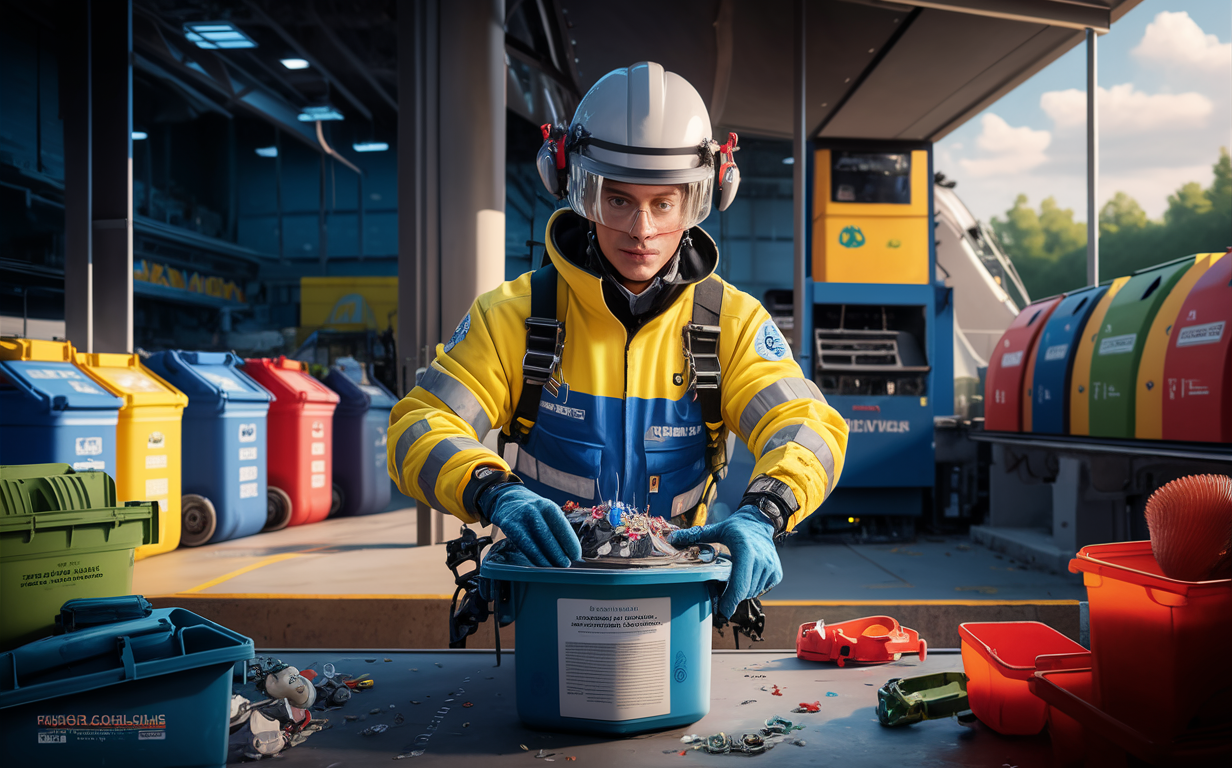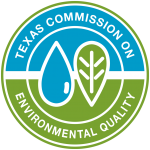Industrial Wastewater Management: Ultimate Treatment Method
Industrial wastewater management: Learn effective treatment methods, regulatory compliance, and best practices for environmental impact.
Industrial wastewater management is the process of treating and disposing of waste produced by industries to minimize environmental impact and adhere to regulatory standards. This aims to provide a comprehensive guide to industrial wastewater management, focusing on practical methods and real-life applications to help industries manage their wastewater efficiently.
Table of Contents
Key Takeaway
- Industrial wastewater management is crucial for environmental protection and regulatory compliance.
- Effective management involves treatment methods like solids removal, oil and grease removal, and the treatment of biodegradable organics.
- Different industrial sectors such as food processing, chemical manufacturing, and mining have unique wastewater challenges.
- Technological advancements and best practices can significantly reduce the environmental impact.
- Regulatory compliance is essential for avoiding penalties and ensuring sustainable operations.
Understanding Industrial Wastewater Management

What Is Industrial Wastewater?
Industrial wastewater is any water that has been adversely affected in quality by industrial activities. This includes water used for processes, cleaning, cooling, and more.
Importance of Industrial Wastewater Management
Managing industrial wastewater is not just about compliance; it’s about protecting our natural resources. Improper management can lead to severe environmental and health issues, including water pollution and ecosystem damage.
Key Components of Industrial Wastewater Management
Industrial wastewater management involves several key components:
- Collection and transport of wastewater from the source to treatment facilities.
- Treatment processes that remove contaminants.
- Disposal or reuse of treated water in a safe, legal, and environmentally friendly manner.
Common Contaminants in Industrial Wastewater
Industrial wastewater can contain various contaminants, depending on the industry:
- Organic chemicals: Found in industries like pharmaceuticals and pesticides.
- Heavy metals: Common in metalworking and mining industries.
- Oils and grease: Typically present in food processing and mechanical industries.
- Acids and alkalis: From chemical manufacturing processes.
- Nutrients: Such as nitrates and phosphates, often from agricultural runoff and food processing.
Treatment Methods for Industrial Wastewater

Primary Treatment: Solids Removal
The first step in treating industrial wastewater is the removal of solid materials. This can be done using methods like screening, sedimentation, and flotation.
Secondary Treatment: Biological Processes
Secondary treatment involves biological processes to break down organic matter. Common methods include:
- Activated sludge process: Uses microorganisms to convert organic pollutants into solid biomass.
- Trickling filter systems: Wastewater is trickled over a bed of media where microorganisms degrade organic contaminants.
Tertiary Treatment: Advanced Techniques
Tertiary treatment is used to remove remaining contaminants that secondary treatment can’t address. Techniques include:
- Chemical precipitation: Removes heavy metals and phosphates.
- Membrane filtration: For removing very fine particles and dissolved substances.
- Disinfection: Using UV light or chlorination to kill pathogens.
Industrial Sectors and Their Wastewater Challenges
Food Processing Industry
The food processing industry generates wastewater high in organic content. Treatment often involves biological processes to break down organic matter and reduce biochemical oxygen demand (BOD).
Chemical Manufacturing
Chemical manufacturers deal with a wide range of contaminants, including toxic chemicals and solvents. These require specialized treatment methods like chemical precipitation and advanced oxidation.
Mining and Metallurgy
Wastewater from mining and metal industries is often rich in heavy metals and sediments. Effective treatment includes sedimentation, filtration, and ion exchange processes.
Textile Industry
Textile wastewater contains dyes, chemicals, and other pollutants. Treatment methods may include coagulation-flocculation, biological treatment, and advanced oxidation processes.
Best Practices in Industrial Wastewater Management
Regular Monitoring and Testing
Consistent monitoring and testing ensure that wastewater treatment processes are effective and meet regulatory standards. This helps in the early detection of issues and timely corrective actions.
Implementing Technology and Innovation
Advancements in technology can greatly enhance wastewater treatment efficiency. For instance, smart sensors and automation can optimize treatment processes and reduce operational costs.
Employee Training and Awareness
Educating employees about the importance of wastewater management and proper handling techniques can lead to better compliance and operational efficiency.
Sustainable Practices
Adopting sustainable practices like water recycling and energy-efficient processes not only helps in compliance but also reduces environmental impact and operational costs.
Regulatory Compliance in Industrial Wastewater Management
Importance of Compliance
Regulatory compliance is not optional; it’s a legal requirement. Non-compliance can result in hefty fines, legal action, and damage to the company’s reputation.
Key Regulations
Some of the key regulations governing industrial wastewater management include:
- Clean Water Act (CWA): Regulates discharges of pollutants into US waters.
- Resource Conservation and Recovery Act (RCRA): Governs the disposal of solid and hazardous waste.
- National Pollutant Discharge Elimination System (NPDES): Requires permits for discharging pollutants.
Steps to Achieve Compliance
- Understand the regulations applicable to your industry.
- Conduct a thorough assessment of your wastewater and its contaminants.
- Implement appropriate treatment processes to meet regulatory standards.
- Keep detailed records of your wastewater management practices and test results.
- Regularly review and update your processes to ensure ongoing compliance.
Emerging Trends in Industrial Wastewater Management
Use of AI and Machine Learning
Artificial intelligence (AI) and machine learning are being used to optimize wastewater treatment processes. These technologies can predict treatment outcomes, identify inefficiencies, and suggest improvements.
Water Recycling and Reuse
Many industries are now focusing on water recycling and reuse to minimize their freshwater consumption and reduce wastewater discharge.
Green Chemistry
Green chemistry involves designing chemical products and processes that reduce or eliminate the use of hazardous substances. This can lead to less toxic wastewater and simpler treatment processes.
Comparison of Wastewater Treatment Methods
| Treatment Method | Advantages | Disadvantages |
|---|---|---|
| Solids Removal (Screening, Sedimentation) | Simple and cost-effective | Limited to removing only solid particles |
| Biological Treatment (Activated Sludge, Trickling Filter) | Effective for organic matter | Requires careful control of biological activity |
| Chemical Precipitation | Effective for heavy metals and phosphates | Can produce large volumes of sludge |
| Membrane Filtration | Removes very fine particles and dissolved substances | High operational and maintenance costs |
| Disinfection (UV, Chlorination) | Effective at killing pathogens | Potential formation of harmful by-products |
Industry-Specific Wastewater Challenges
| Industry | Common Contaminants | Primary Treatment Methods |
|---|---|---|
| Food Processing | High organic content, fats, oils | Biological treatment, flotation |
| Chemical Manufacturing | Toxic chemicals, solvents | Chemical precipitation, advanced oxidation |
| Mining and Metallurgy | Heavy metals, sediments | Sedimentation, filtration, ion exchange |
| Textile | Dyes, chemicals | Coagulation-flocculation, advanced oxidation |
Best Practices for Reducing Wastewater Volume
- Process Optimization: Streamline industrial processes to minimize water usage.
- Water Recycling: Implement systems to recycle and reuse wastewater.
- Leak Detection: Regularly inspect and repair leaks to prevent water wastage.
- Staff Training: Educate employees on water conservation techniques.
- Efficient Equipment: Use water-efficient machinery and equipment.
Conclusion
Effective industrial wastewater management is essential for environmental protection, regulatory compliance, and sustainable operations. By understanding the unique challenges of different industries and implementing appropriate treatment methods, industries can significantly reduce their environmental impact. Staying updated with emerging trends and technologies can further enhance efficiency and sustainability in wastewater management.
By following best practices and adhering to regulations, industries can not only ensure compliance but also contribute to a cleaner and healthier environment. For more information, you can visit our website or contact us.






 Texway Wastewater Services is a septic, wastewater, and excavation company based out of Burleson, Texas and serving the surrounding areas. We specialize in
Texway Wastewater Services is a septic, wastewater, and excavation company based out of Burleson, Texas and serving the surrounding areas. We specialize in